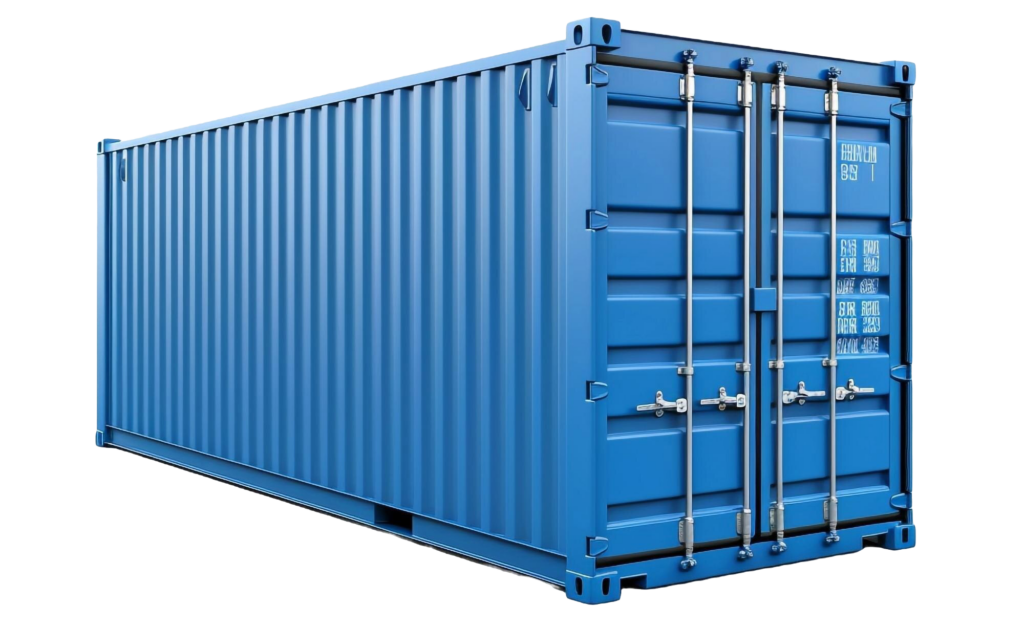
 The UIIA (Uniform Intermodal Interchange and Facilities Access Agreement) is an industry-standard agreement that governs the relationship between trucking companies, equipment providers (like steamship lines and railroads), and intermodal facilities. It ensures that everyone involved in moving intermodal freight—containers that travel by ship, rail, and truck—follows clear, consistent rules for equipment use and liability.
The UIIA (Uniform Intermodal Interchange and Facilities Access Agreement) is an industry-standard agreement that governs the relationship between trucking companies, equipment providers (like steamship lines and railroads), and intermodal facilities. It ensures that everyone involved in moving intermodal freight—containers that travel by ship, rail, and truck—follows clear, consistent rules for equipment use and liability.
In simpler terms:
- Trucking companies sign the UIIA to use containers, chassis, and other equipment.
- It defines who is responsible for things like repairs, insurance, and safety.
- It helps streamline the process and reduces disputes between parties.
The UIIA is managed by the Intermodal Association of North America (IANA) and is widely used in the freight transportation industry.
Who Needs UIIA:
In short, any trucking company or motor carrier that wants to haul intermodal freight or access ports, rail yards, or equipment needs to be UIIA-certified. This certification ensures they have the proper insurance and follow the rules set by equipment providers and facilities. The UIIA (Uniform Intermodal Interchange and Facilities Access Agreement) is essential for certain businesses involved in the intermodal freight transportation industry. Specifically, the following groups need it:

1. Trucking Companies (Motor Carriers):
- Why they need it: To pick up and transport intermodal equipment such as containers and chassis from rail yards, ports, and intermodal facilities. Without a UIIA agreement, trucking companies cannot legally access or use this equipment.
- Examples: Independent owner-operators, small trucking businesses, or larger fleets involved in intermodal transport.
2. Equipment Providers:
- Why they need it: To set the rules for how their equipment (e.g., containers, chassis) is used, returned, maintained, and insured by trucking companies.
- Examples: Steamship lines, railroads, and leasing companies.
3. Facility Operators:
- Why they need it: To ensure that all parties using their facilities (like ports and rail yards) follow consistent safety, liability, and equipment handling rules.
- Examples: Terminal operators and intermodal facility managers.
4. Freight Brokers and Logistics Providers (Indirectly):
- Why they care: While they don’t sign the UIIA themselves, brokers often work with trucking companies that must be UIIA-compliant to handle intermodal freight.
